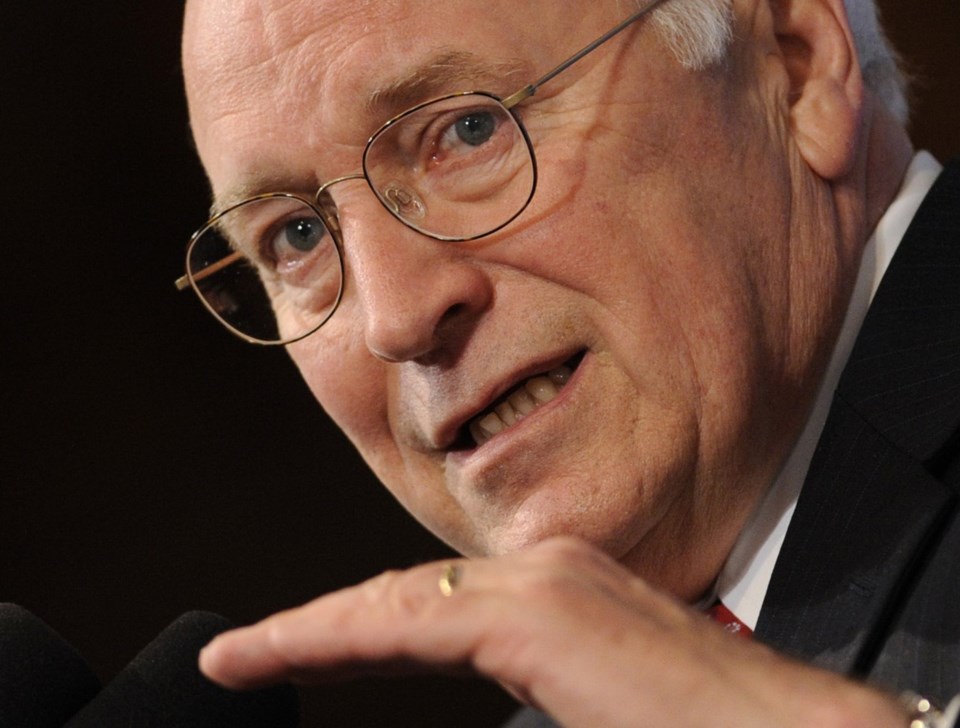Dick Cheney, the deeply influential and fiercely divisive U.S. vice president who shaped America’s post-9/11 foreign policy and became one of the most controversial figures in modern politics, has died at age 84. His family said Cheney passed away Monday night from complications related to pneumonia and long-standing cardiac and vascular disease.
“Dick Cheney served our nation for decades,” the family said in a statement, recalling his years as White House chief of staff, Wyoming congressman, defense secretary, and vice president. “He was a great and good man who taught his family to love their country and live with courage, honor, and kindness.”
Over a career spanning half a century, Cheney was a defining figure in both Bush presidencies — first as defense secretary during the 1991 Gulf War under George H.W. Bush, and later as vice president to George W. Bush, where he became the most powerful second-in-command in U.S. history.
Behind the scenes, Cheney helped drive America’s response to the Sept. 11 terrorist attacks, championing policies of pre-emptive war, expanded surveillance, and the use of harsh interrogation techniques that sparked global controversy. His advocacy for invading Iraq in 2003, based on false claims of weapons of mass destruction and alleged ties to al-Qaida, cemented his reputation as a hawk and left a lasting scar on U.S. foreign policy.
Once dubbed the “Energizer Bunny” of Washington’s conservative movement, Cheney relished his role as the quiet enforcer. “Am I the evil genius in the corner that nobody ever sees come out of his hole?” he once joked. “It’s a nice way to operate, actually.”
Throughout his vice presidency, Cheney wielded extraordinary influence over national security and executive power — often acting more like a co-president than a deputy. Yet his secrecy and defiance made him a lightning rod for criticism. His support within the Bush White House waned in the later years of the administration as public opposition to the Iraq War grew.
Even in retirement, Cheney remained an unflinching defender of his record and a sharp critic of Donald Trump, whom he called “the greatest threat to our republic in U.S. history.” In 2024, in a move that once would have stunned his conservative allies, Cheney said he intended to vote for Democrat Kamala Harris over Trump.
Born in Lincoln, Nebraska, and raised in Casper, Wyoming, Richard Bruce Cheney entered politics in the 1960s as a protégé of Donald Rumsfeld. He went on to serve six terms in Congress before becoming defense secretary, where he oversaw the swift U.S. victory in the Persian Gulf War. Between government stints, he led Halliburton, the Texas-based oil services giant, before returning to politics as George W. Bush’s running mate in 2000.
Despite enduring five heart attacks and eventually receiving a heart transplant, Cheney never slowed down. “I wake up every morning thankful for the gift of another day,” he said in 2013.
His life — marked by immense political power, fierce conviction, and enduring controversy — redefined the modern vice presidency. Cheney is survived by his wife Lynne, their daughters Liz and Mary, and several grandchildren.

